6 Science-Backed Tips for Better Sleep Quality (Nr 4 May Surprise You)
Getting enough quality sleep is essential for our health and well-being. Yet many people struggle to get the rest they need. In this post, we'll explore six proven strategies to help you sleep better, based on scientific research.
1/17/20253 min read


Why Sleep Matters
Sleep isn't just a period of rest - it's like a life-support system for our body and brain. Good sleep helps us stay healthy, think clearly, and perform better in our daily activities. Some experts even call it a "superpower" because of its incredible benefits.
1. Keep a Regular Sleep Schedule
Your body loves routine. Going to bed and waking up at the same time every day - yes, even on weekends - helps regulate your internal clock. This consistency makes it easier to fall asleep and wake up naturally. Try setting a bedtime alarm to remind you when it's time to start winding down.
2. Create the Right Temperature
Temperature plays a crucial role in sleep quality. Your body needs to cool down slightly to fall asleep and stay asleep. The ideal bedroom temperature is around 65°F (18°C). If your room is too warm, your body might struggle to achieve this natural cooling process.
3. Manage Light Exposure
Light has a powerful effect on your sleep-wake cycle. In the evening, your body needs darkness to produce melatonin, the sleep hormone. Take these steps:
Turn down bright house lights in the evening
Stop using phones, tablets, and computers an hour before bed
Consider using blackout curtains or an eye mask
4. Don't Force Sleep
If you're lying in bed unable to sleep for more than 25 minutes, don't keep tossing and turning. Instead:
Get up and move to another room
Do something calm and relaxing
Only return to bed when you feel sleepy
This helps prevent your brain from associating your bed with being awake and anxious.
Want to explore the science of sleep further? Check out "Why We Sleep" by Matthew Walker. It's a game-changer for understanding how sleep affects your health.
5. Watch What You Consume
What you drink can significantly impact your sleep:
- Avoid caffeine in the afternoon and evening
- Skip alcoholic drinks close to bedtime - while alcohol might make you feel sleepy at first, it often disrupts sleep later in the night
6. Develop a Pre-Sleep Routine
Think of falling asleep like landing a plane - it needs a gradual descent. Create a relaxing routine before bed:
Read a book
Practice gentle stretching
Try meditation
Listen to calm music
This routine signals to your body that it's time to wind down and prepare for sleep.
When to Seek Help
While these tips work for many people, sometimes sleep problems need professional attention. If you're experiencing ongoing sleep issues like insomnia or sleep apnea, it's important to consult a healthcare provider. These conditions often require specific medical treatment beyond lifestyle changes.
Final Thoughts
Quality sleep isn't a luxury - it's a necessity for good health. By implementing these science-backed strategies, you can improve your sleep quality and wake up feeling more refreshed and energized.
Want to Learn More?
If you're interested in diving deeper into the science of sleep, I highly recommend checking out "Why We Sleep" by Matthew Walker. This fascinating book explores the latest discoveries about sleep's impact on our health, memory, and overall well-being. Walker, with his extensive background in sleep research, presents complex scientific concepts in an engaging and accessible way. The book provides even more valuable insights into how you can optimize your sleep and understand why it's such a crucial aspect of our lives.
This article is based on "6 Tips for Better Sleep," a TED Talk by Matt Walker. Dr. Walker is a renowned sleep scientist, professor, and author who has dedicated his career to understanding how sleep affects human health and well-being.
Note: This post contains affiliate links. If you make a purchase through these links, I may earn a small commission at no additional cost to you. This helps support the blog and allows me to continue creating free content. Thank you for your support!
Keywords: better sleep tips, how to sleep better, quality sleep, sleep improvement, sleep hygiene, sleep science, Matt Walker sleep tips, sleep temperature, bedroom temperature for sleep, sleep routine, bedtime routine, sleep schedule, caffeine and sleep, alcohol and sleep, sleep environment, sleep habits, natural sleep aids, sleep optimization, sleep health, sleep recommendations, sleep expert advice, sleep schedule tips, sleep quality improvement, sleep disorders, sleep cycle, circadian rhythm, melatonin and sleep, sleep temperature guide, sleep expert tips, nighttime routine, sleep science research


Flow To Calm
Explore paths to balance and stress relief.
Nature
© 2024. All rights reserved.
Disclaimer
This blog contains affiliate links. If you make a purchase through these links, I may earn a small commission at no additional cost to you. This helps support the blog and allows me to continue creating free content. Thank you for your support!
